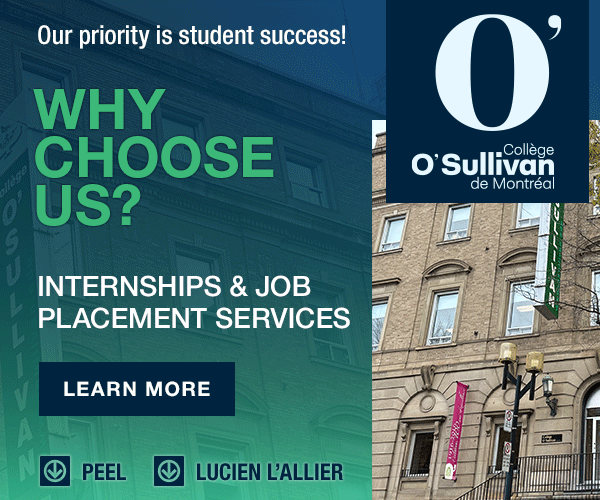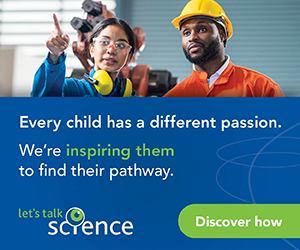One of the first things a patient just diagnosed with cancer might do is look for more information online, especially regarding alternative therapies.
In a search on Amazon, for example, a seemingly endless list pops up with every title imaginable, including provocative gems such as Curing Cancer With Carrots and Proof for the Cancer-Fungus Connection. But how scientifically sound are these offerings?
It's a question that troubles law professor Timothy Caulfield, who is part of a team that received a Canadian Cancer Society research grant to examine how cancer misinformation spreads online and come up with ways to ensure Canadians receive information from reliable, evidence-based sources.













